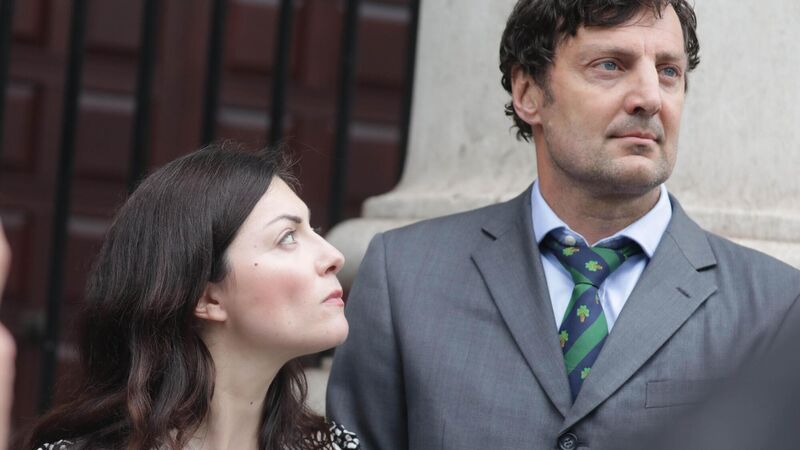State neglects its moral duty in its treatment of medical negligence cases

Rebecca Price and Patrick Kiely were wrongly told their unborn child had a fatal abnormality and Ms Price had an abortion as a result. The State conceded nothing until admitting liability just as their case was going to commence in the High Court. Picture: Collins Courts
When is the State going to stop the appalling treatment of litigants who have been the victims of medical negligence? Last week, Rebecca Price and Pat Kiely settled their legal action over the termination of a pregnancy based on incorrect advice.
The couple had been informed in March 2019 that their unborn boy had a fatal foetal abnormality. This turned out to be wholly incorrect. For a year they attempted to get the National Maternity Hospital and a private clinic to account for the error. When that ultimately failed, they launched a legal action to get justice. That finally arrived two years and three months after the catastrophic event.













